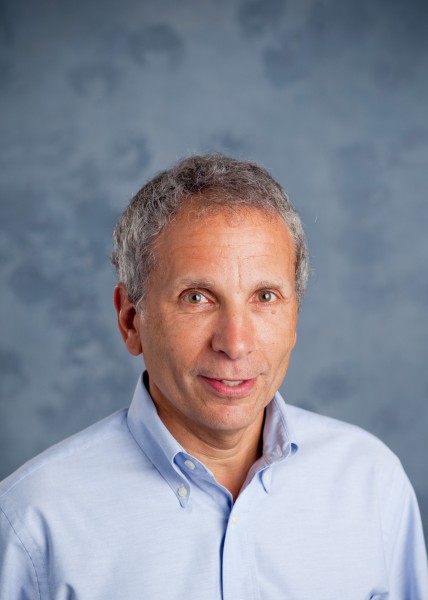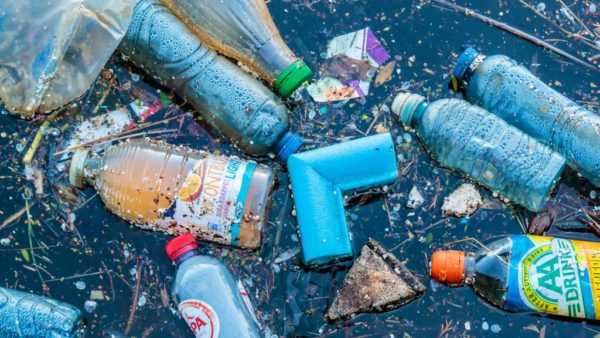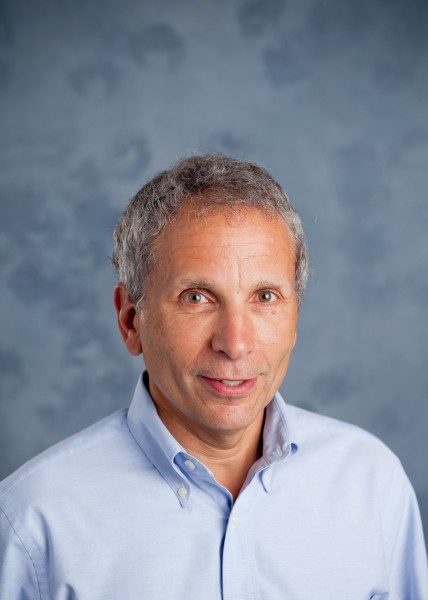
22 Oct To Your Health: Plastic = Poison
Dr. Alan Safdi, a world-renowned internist and gastroenterologist with encyclopedic knowledge of mind-body wellness and preventative medicine, posts on Telluride Inside… and Out under the banner of “To Your Health.” His blogs feature the most current information in his field: health, wellness, and longevity.
This winter, Dr. Alan returns with his popular Live Longer Retreat wellness intensives, which repeat in the summer. For further information, email telluridecme@gmail.com. or go to Safdi’s Telluride Longevity Institute website.
This week, Dr. Alan talks about plastic – which is alliterative with poison and pollution.
Click here to listen to his podcast on the subject.

People may not live forever, but still balk at the idea of contaminating themselves with toxic substances nicknamed “forever chemicals.”
Plastics and man-made poisonous chemicals are nearly impossible to avoid: they lines soup cans; leach out of storage containers; hide in household dust; and are found inside toys, electronics, shampoo, cosmetics, and countless other products.
Per- and polyfluoroalkyl substances (PFAS) are a class of such man-made chemicals, which include perfluorooctanoic acid (PFOA), perfluorooctane sulfonic acid (PFOS), GenX, and various other compounds.
Fluorine-substituted organic compounds have countless industrial and manufacturing purposes, and are found in surfactants and repellants, food packaging, and impregnated textiles. These chemicals are hardy and can make their way into drinking water, soil, and the food chain in general. Their half-life in humans is at least four years, and they are routinely present in human blood.
Ever since the 1940s, PFAS (also called perfluorinated compounds or PFCs) have been manufactured and used worldwide, including in the United States. Because PFAS don’t break down easily in the bodies of humans and animals, they can accumulate over time, thus increasing the risk of potential adverse health effects, including immune- and hormone-related impacts..
Bottom line: Plastics and other noxious substances are used to make thousands of single-use items, from grocery bags to forks to candy wrappers. Because research into micro-plastics is so new, there is not yet enough data to say exactly how they are affecting human health, but below are short lists of sources and health risks to date.
PFAS, where:
Stain-repellent fabrics
Non-stick products
Polishes
Paints
Cleaning products
Waxes
Fire-fighting foams
Chrome plating
Electronics
Fish
Health risks
(Note: Research on PFAS has been mixed. A limited number of human epidemiology studies have indicated that exposure to PFAS in humans may be linked to the list below.)
Increased cholesterol levels
Low infant birth weights
Thyroid hormone disturbance
Cancer (PFOA only)
In animal models, both PFOA and PFOS exposure resulted in cancer, as well as adverse reproductive, developmental, liver, kidney, and immune effects
Alan Safdi, more:

Dr. Alan Safdi is board-certified in Internal Medicine and in Gastroenterology and is a Fellow of the American College of Gastroenterology. A proven leader in the healthcare arena, he has been featured on the national program, “Medical Crossfire” and authored or co-authored numerous medical articles and abstracts. Safdi has been involved in grant-based and clinical research for 30+ years and is passionate about disease prevention and wellness, not just fixing what has gone wrong. He is an international lecturer on the subjects of wellness, nutrition and gastroenterology.
And back by popular demand, this summer, in partnership with the Peaks’ Spa, Dr. Safdi returns with his three, week-long wellness intensives titled Live Longer Retreat.
Again, using an evidence-based, scientific approach to health and longevity and featuring an experienced staff of medical professionals, personal trainers, Pilates and yoga instructors, dietitians, and chefs, the focus is on your unique wellness profile. Each Live Longer Retreat is one-of-kind in the U.S. Those intensives, limited to only 10 – 15 participants, will include personal consultations, hiking, spinning, yoga, Pilates, talks and demonstrations related to nutrition, cooking classes, and more.
Go here to read a review of the experience by one very satisfied participant.
Feel free to sign up now to participate in a Live Longer Retreat – or call 1-877-448-5416 for further information.


Sorry, the comment form is closed at this time.